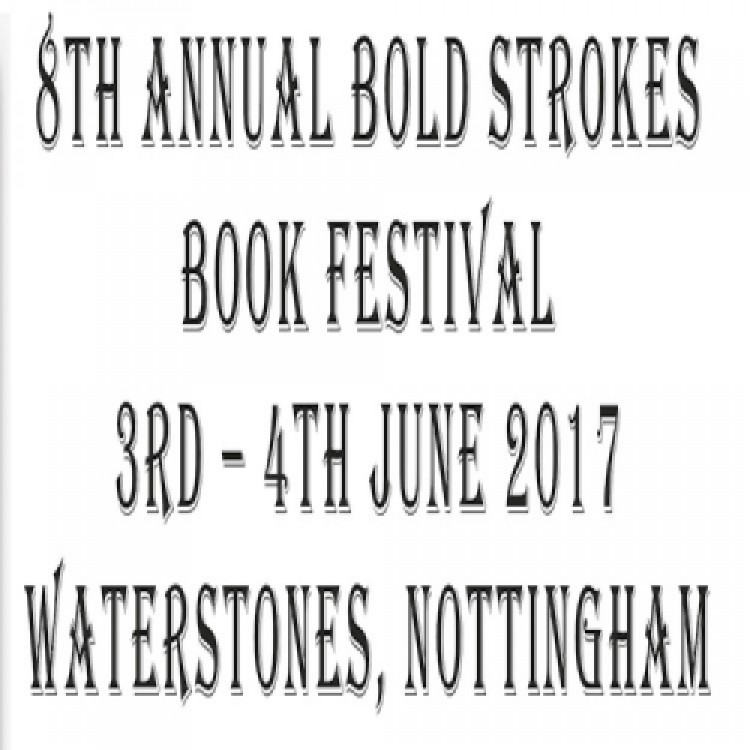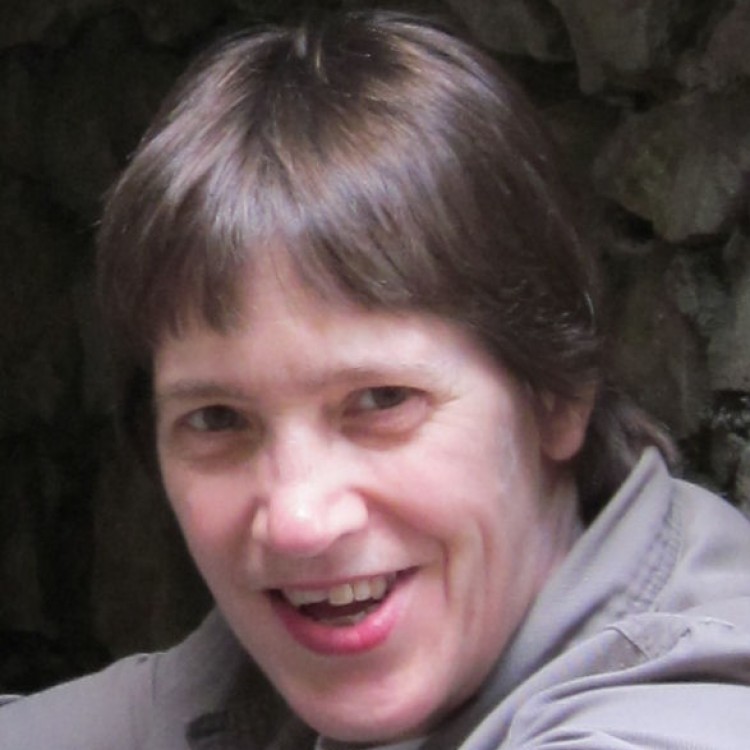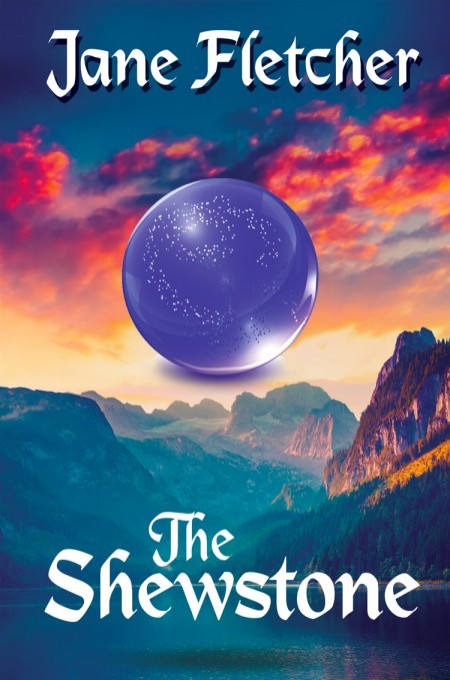Jane Fletcher blogs:
When I was eight, my friends thought I was odd in several ways—such as, while they wanted to be ballet dancers or nurses when they grew up, I wanted to be an archaeologist. I’ve always been a history geek.
As it turned out, my career path took me as far from archaeology as it is possible to get. I became a software engineer. However, my love of history has been a real benefit in writing fantasy. I know enough about how pre-industrial civilisations start, develop, grow, stagnate, and collapse, that I find it straightforward to create new ones.
Beyond my love of history, I find most things interesting. Geology, economics, politics, linguistics—they are all fascinating, and they are all vital to inventing worlds. Fantasy should not ignore facts. Hence, next to my desk, I have a facsimile copy of the first edition of Mrs Beeton’s Household Management, so I can check which vegetables are in season in March. I have Lionel Casson’s Travel in the Ancient World, so I can check how far an ox cart can travel in a day, and so on.
In my most recent book, (still in progress, although I have completed my first draft) I have stepped slightly out of genre, opening the novel on earth, at a genuine place and time—the Caribbean in 1631. Before starting, I knew writing about a real historic period would require more detailed digging for facts than pure fantasy, and I expected to spend a little more time on research.
However, with hindsight, I realise just how much I underestimated the task before me. Who was Pope in 1631? How many masts does a Spanish galleon have? Were spectacles invented? What did the Dutch flag look like? Who were the Native Americans living in Florida? Was it called Florida back then? What was pirate slang for sexual intercourse?
Not even halfway through the draft, I was left wondering how anybody ever managed to write a historical novel prior to the internet. All of these questions were answered within a few minutes. Without the internet, I’d have spent days in the library, and still had to fudge the things I could not pin down.
Back when I was eight, my favourite author was Rosemary Sutcliffe, and I am still a huge fan of her novels. Having now dipped into the genre, my admiration for her and all other historical novelists has increased enormously—especially for those like Sutcliffe, whose work covers many different time periods. How long did she spend researching each of her books?
Except, the internet is a dangerous thing. With a magpie mind, the lure of links is so hard to resist. I’d start out trying to find out when the flintlock musket was invented, and then suddenly, it was four hours later and I was reading about Aboriginal petroglyphs in Australia. Days passed without me making any significant progress on my novel, while I discovered new knowledge that, while fascinating, was of no relevance to my story.
In fact, it might have been quicker if I’d turned off the computer and gone to the library instead.
Jane Fletcher will be at the Bold Strokes Book Festival in June, and will be reading from her book The Shewstone.


